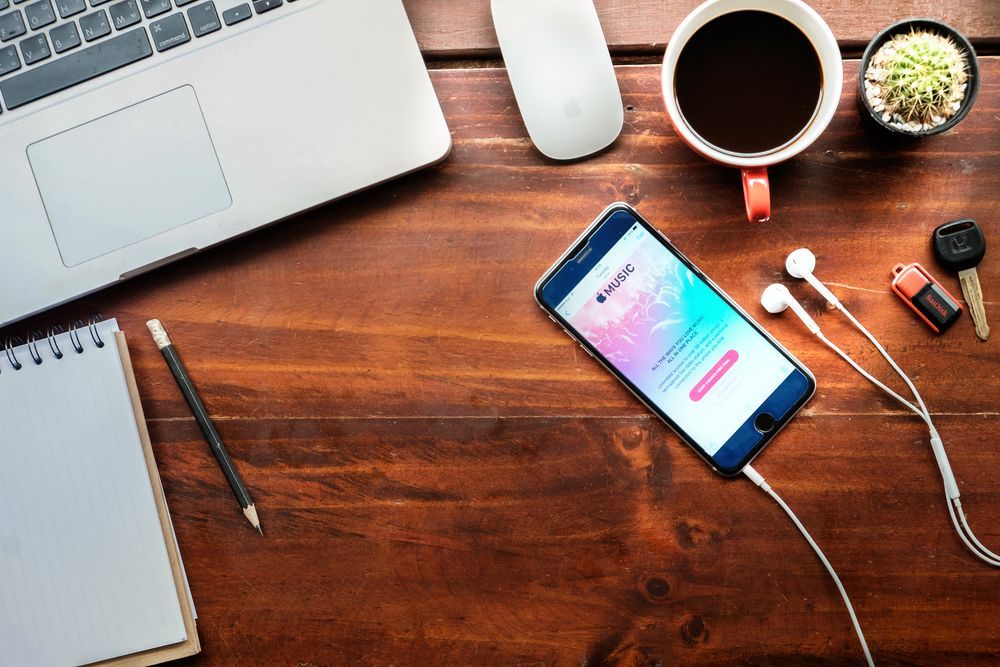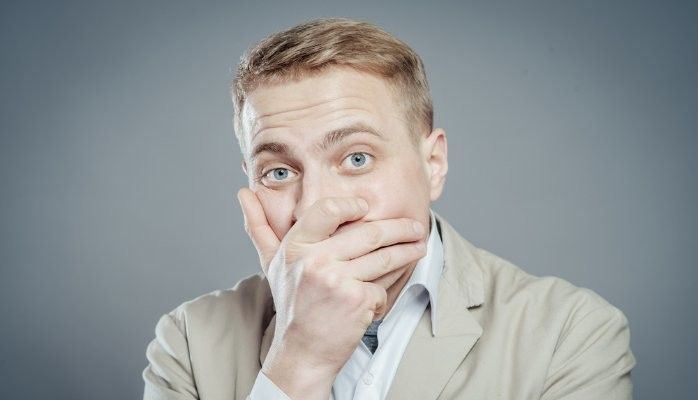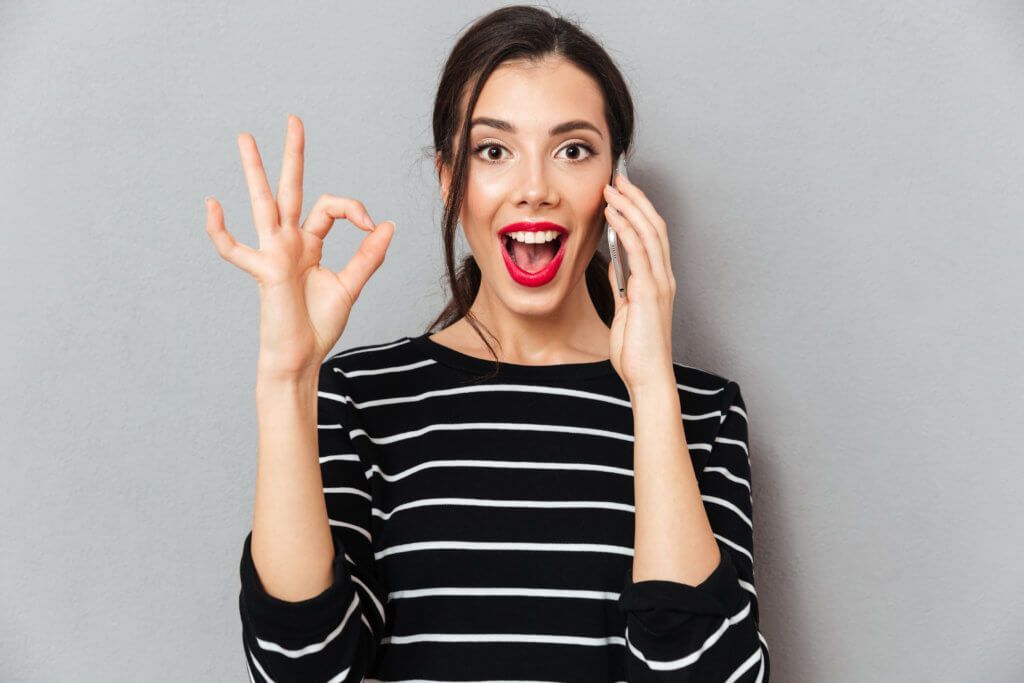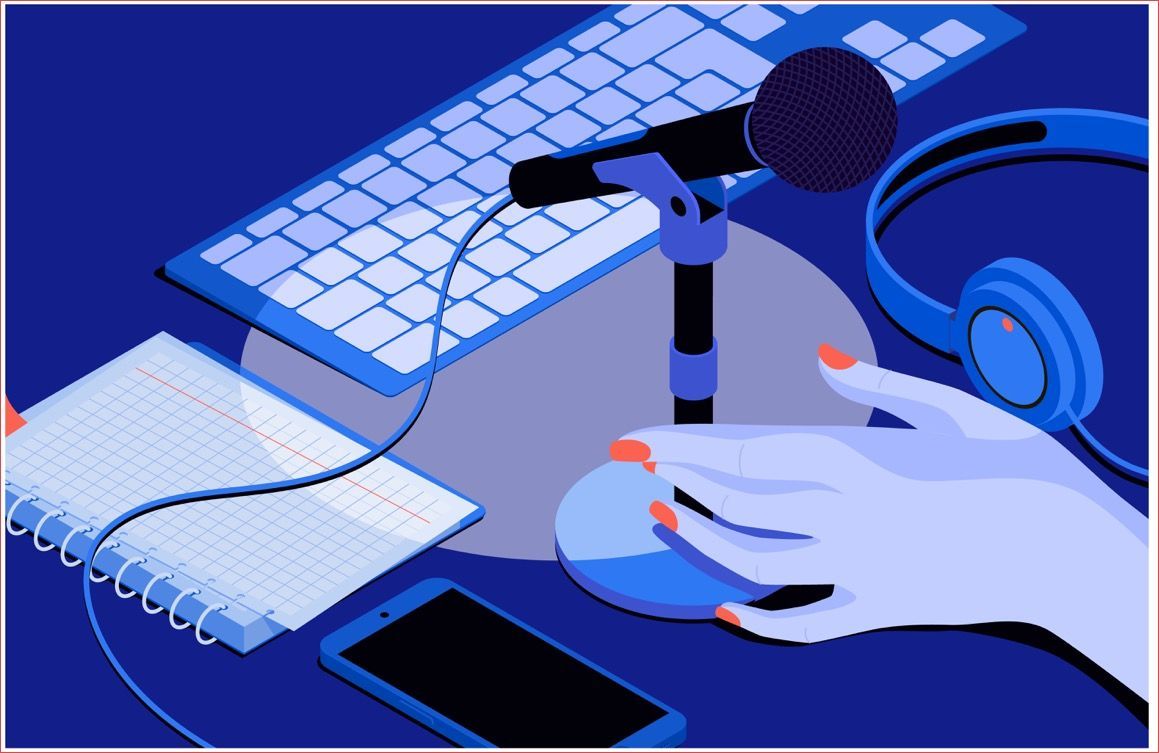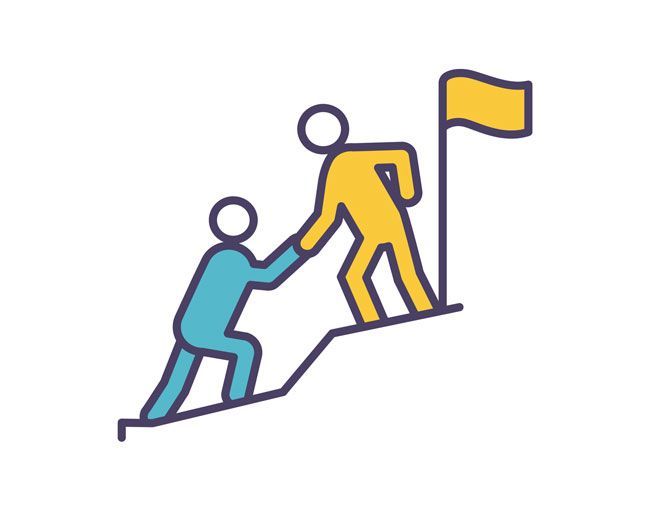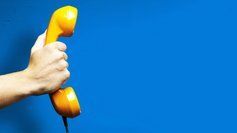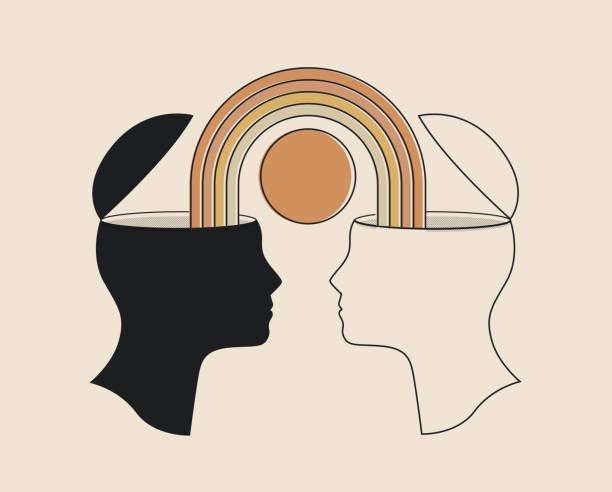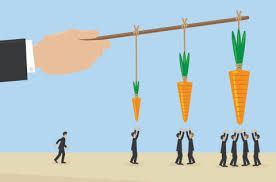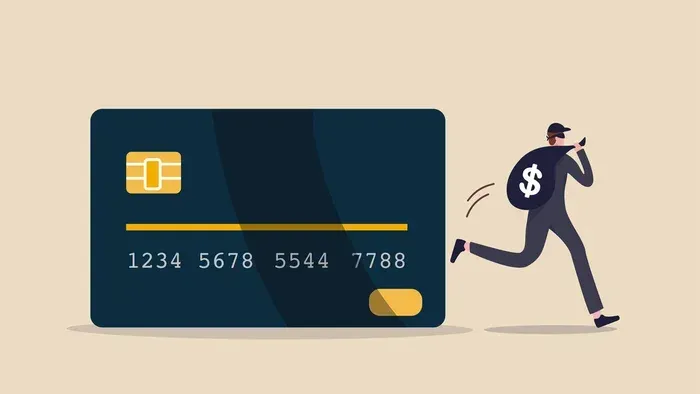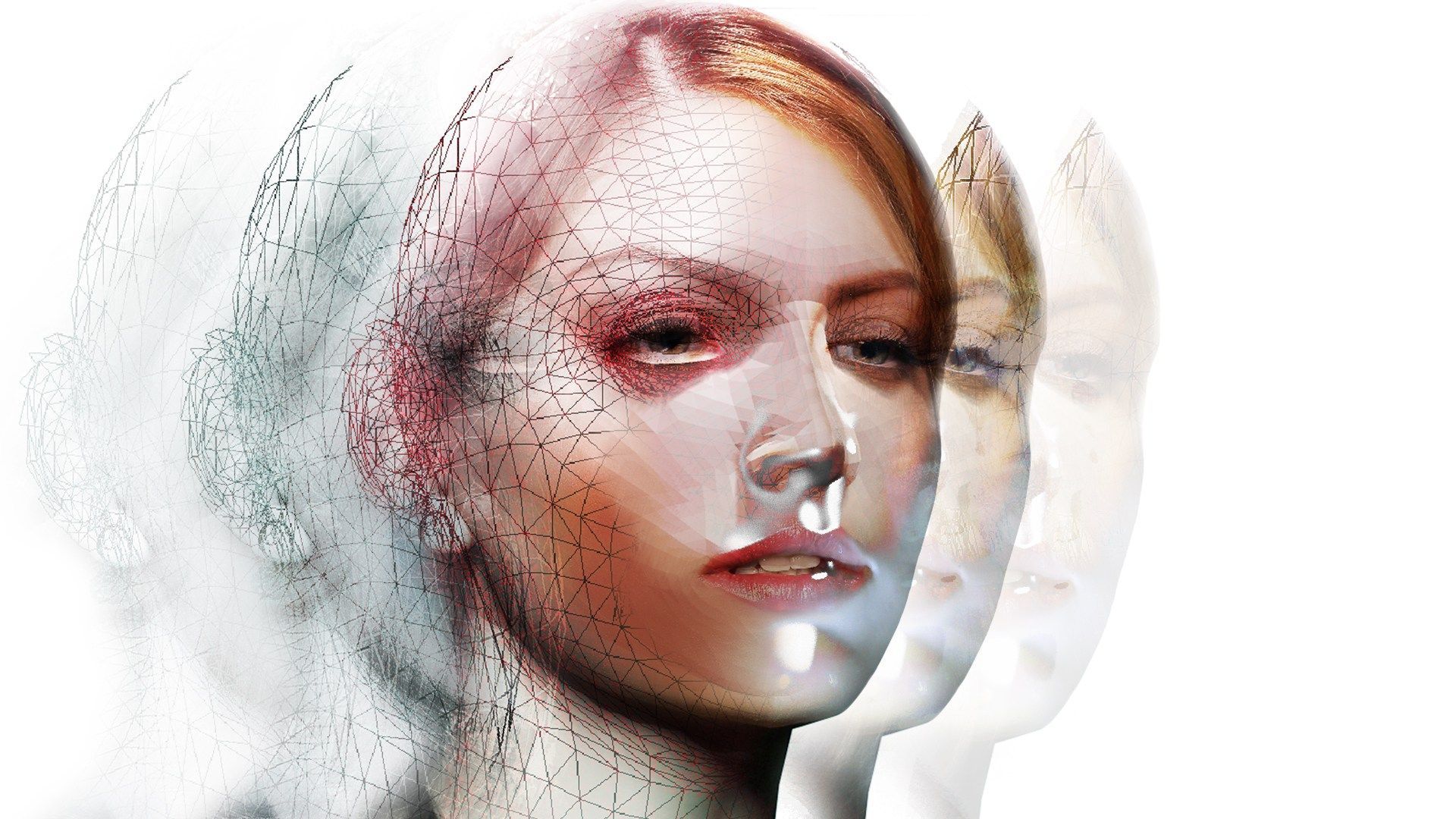Is Your Phone Number Magic?
Most of us – whether when we were assigned a landline phone number back in the day (I still have mine!) or even when we’re issued a new cell phone number – we have a tendency to look at the number and say: “Well, I guess that’s my number. I’d better commit that to memory ASAP!” They were “generated” by phone company availability, or in the case of cell phones, a communications regulatory authority provides mobile providers with blocks of numbers from which to assign numbers to their customers. We’re usually shown a computer screen at the phone store, and the agent will ask: “Which number would you like?”
But what if the actual choice of the phone number is tied to the success of your business – or dictates your level of luck in life? If you took the symbolism of numbers seriously, you’d want to make sure that the customer-facing telephone number you choose is attracting the right kind of businesses.
I recently had a web meeting with Dennis Sweeney, who runs a company called First Access Technologies, Inc – Dennis can be only described as “phone number savant”, (and an all-around great guy) who has a formidable understanding about the psychology of phone number selection and why – in certain cultures – the selection of numbers is an important decision to make.
In Asian culture, “8” is considered to be an auspicious number, so a phone number laden with “8”’s is a triumph – he mentioned specifically finding the number of 898-8888 for a Chinese restaurant, which was considered a big win for his client. The number “2” is desired by realtors, who find that people shop for properties in pairs, and are therefore more prone to remember real estate agent phone numbers with plenty of “2”’s.
Taxi companies are pioneers in claiming phone numbers which will stick in passenger’s minds: crucial when it’s a busy, rainy Saturday night and flagging a cab seems not possible (and you’re non-Uber.) Watch commercials for attorneys, and they are dead serious about having a “vanity” number which both represents their law specialty and has a no-brainer memorable recall quality.
Dennis emphasized that the ability for a phone number to “scan” visually – whether it’s via a sign you drive by, or the example of the cell phone store agent asking you to pick a number on the spot from a list on a computer screen – it’s all important for its ability to stick in a viewer’s brain and recall it later.
In the rotary era, “1”’s, “2”’s and “3”’s were sought after, for their ease in dialing (the numbers closest to the finger rest and therefore: less work) – one wonders if phone numbers are now chosen for their “grouping” on a smartphone digital keypad (do you want them to be “clustered” together in one corner of the keypad? Or form a logical “shape” on they keypad, like when we decide on a security “swipe” pattern to unlock our phones?)
Area codes can also be prized for their ability to “locate” someone in an affluent, tonier region: Los Angeles and New York offer the most highly coveted US area codes, and the New York 212 area code used to have to be assigned only when a customer “gave it up” or retired their number. (The number 212-222-2222 reportedly sold for $7.5 million a few years ago.) There is also a demand for a user’s cell phone area code to either match the area where they do business (if it’s important for their number to “look regional”) or to have your cell number take on a desired, “sought after” area code.
The ease of dialing a 3-digit public service number is invaluable, and in an incredible movement to make easier accessibility for suicide help, there are plans to make the Suicide Prevention hotline as easy to access as other 3-digit “magic numbers” – the proposal is to make 988 the national shortcut number for suicide help, with it going into effect in July of 2022.
Your company’s phone number – whether you’re thinking about its ability to be remembered, or even delving deeper into the “look” of the number, or its symbolism – is part of your company’s identity and can mean the difference between you getting the call or your competitor.
